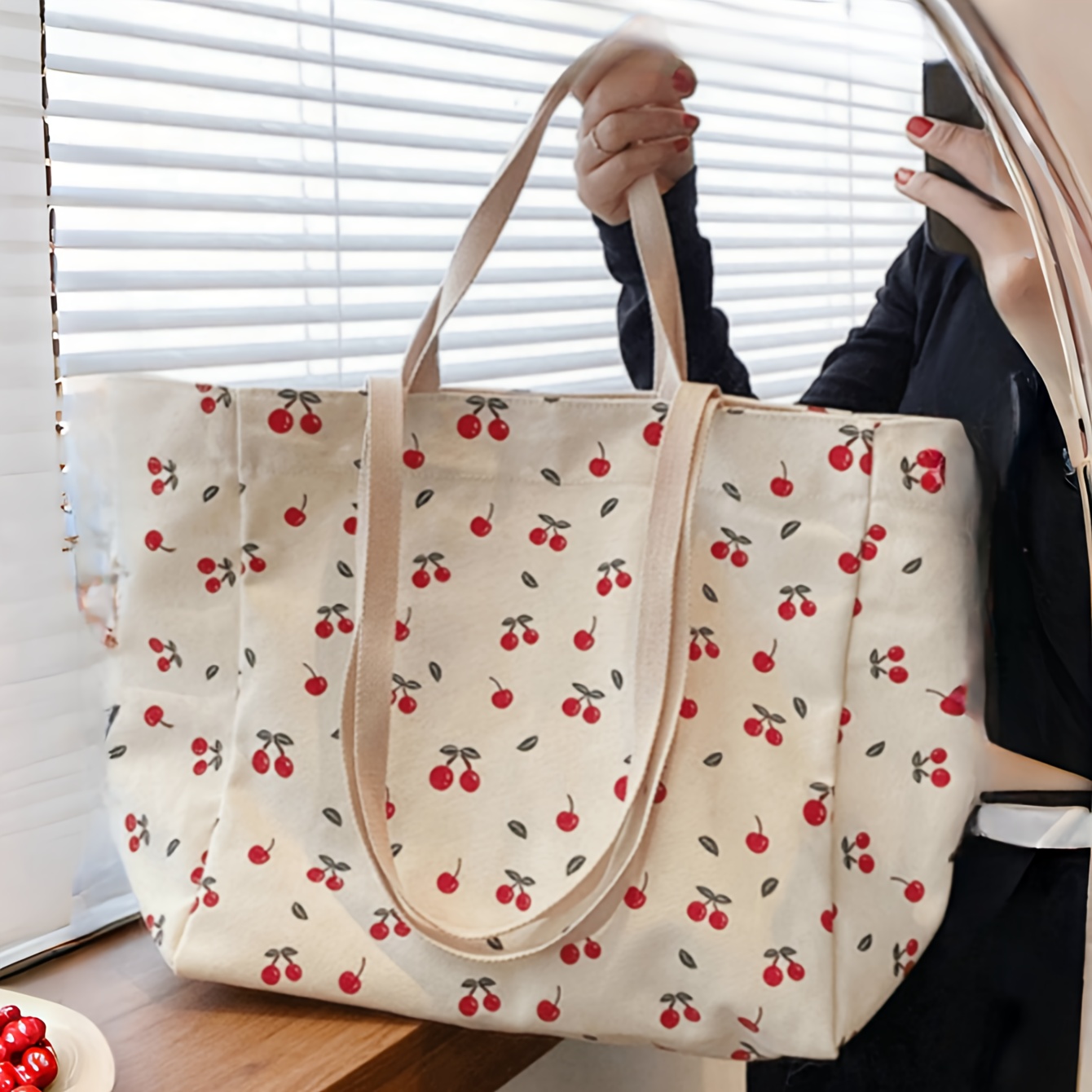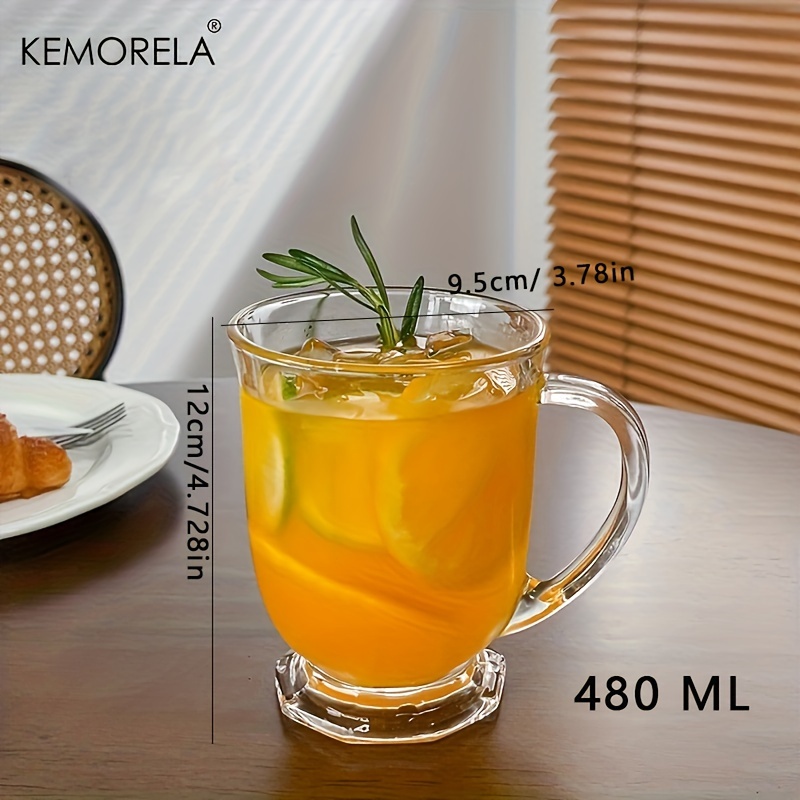One significant disadvantage of evening hair washing is exhaustion. Most of us are forced to skip using the hair dryer and go to sleep with wet strands. It's a habit created out of need, and you've probably done it at least once in your life. This isn't necessarily a bad thing if you are not doing it too often. Especially in the summer when it's preferable to air dry your hair rather than use artificial heat.
Even though we've been told not to sleep with wet hair since we were children, we're still not sure which of these arguments is accurate. We won't develop a cold if our hair is wet, but if the temperature in our sleeping quarters is low, damp hair can create headaches and weaken our immune system. I have some fresh information on what happens to the hair itself when we sleep while it is wet.
Why shouldn't you sleep with wet hair?
1. Wet hair is prone to damage
When our hair is damp, it is the weakest. While it's not a good idea to style wet hair, sleeping with it like that is just as bad. Wet hair gets caught beneath the weight of the head and is damaged as we turn in our sleep, tangling and breaking it. Furthermore, natural oils are lost from the hair as a result of the pillow's fabricnull absorbing them. It's more likely that your hair will be lifeless and dehydrated the next day as a result of this. This, however, occurs when you go to bed with wet hair regularly, such as every other day of the week for a month or longer.
2. It may irritate the scalp
Have you ever had a bad case of itching and irritation on your scalp? It is an annoying feeling no one likes. People commonly blame shampoo for this, but the habit of going to bed with wet hair might also contribute to this uneasy feeling. While resting on a damp pillow, scalp issues such as dandruff might develop. In addition, a humid and warm climate can promote the growth of bacteria on pillows, which can lead to a variety of irritations.
3. Simulates bacterial development
We often hear that damp hair and heat on our pillows are ideal conditions for mites and bacteria to thrive. Although moisture affects their formation, doctors believe that the sleep period is too short for them to develop and harm you. The thing is that if you are doing it every time you are washing your hair, it can make the bacteria develop faster. The remedy is to replace the pillows virtually every day, as well as to lay them out in the sun to kill any bacteria and moisture.
4. Infections caused by fungi
Sleeping with moist hair invites the onset of yet another vexing infection, the fungal infection. Fungi, in particular, prefer warm and humid environments. Lying on a damp pillow for eight hours allows a vast colony of fungi to multiply, which can later emerge on your nails, scalp, and other regions of your body. Because fungus infections can be difficult to treat (particularly on the nails), it is recommended that you avoid sleeping with wet hair to protect your health.
5. Volume loss
When wet hair is leaned against the pillow, it loses volume, and it loses a lot of it. Dry your hair before going to bed to avoid having to spend money the next day on numerous volume preparations. While this may be fine for people with thick hair, those with thinner or sparse hair should avoid sleeping without first drying it out because they already lack volume.
6. Headache
Experts say that wet hair lowers our body temperature and causes headaches because it tries to warm up. Wet, wrapped in a towel can lead to headaches already during sleep. Unlike the non-REM phase of sleep, in the REM phase, the body temperature rises. Then the head wrapped in a towel warms up and the rise in temperature and humidity can cause headaches.
Going to bed with wet hair has a slew of undesirable consequences. Going to bed with wet hair is not as harmless as it may appear to some, therefore if you are one of these people, you should adjust your habits and spend more time drying your hair.



















Post a Comment